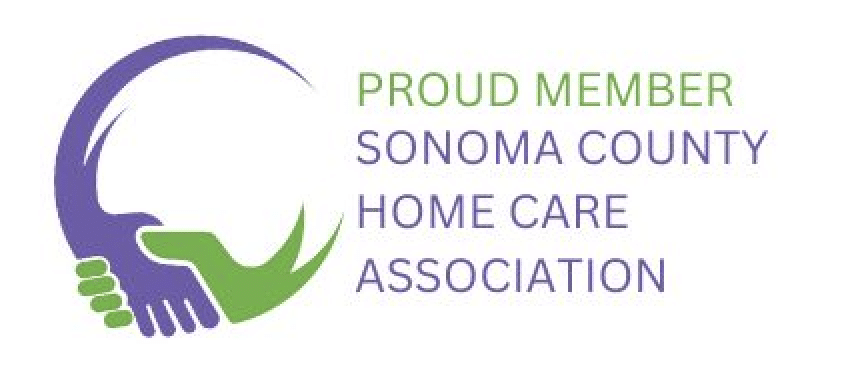The #1 Sign Your Dementia Risk is “Way Too High”
Dementia is a disorder that causes a decline in cognitive abilities so severely in many cases that it can impact daily life. The condition affects over 55 million people worldwide, according to the World Health Organization and while there’s no surefire way to prevent dementia, there are lifestyle choices that greatly decrease the risk and Eat This, Not…






